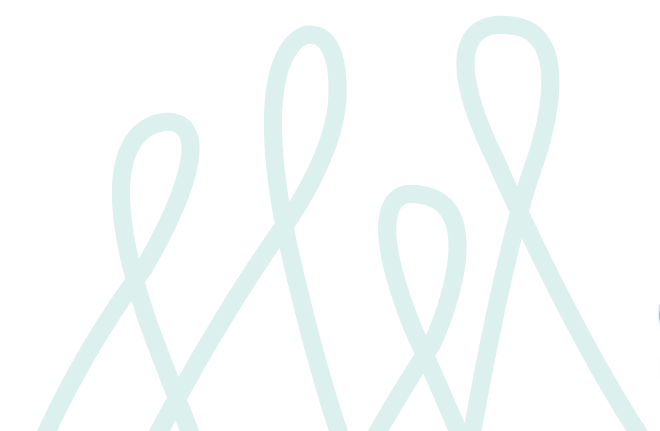Since August 2008, we at Charterhouse Counselling have noticed that many more people are coming forward for help with Obsessive-Compulsive Behaviour or OCD, as it’s commonly known. OCD is an anxiety disorder that responds very well to Cognitive Behavioural Therapy (CBT).
An example of Obsessive-Compulsive Behaviour is someone making repeated checks. For example the person might withdraw £60 from a cash machine, put it in their wallet, walk away from the machine and then repeatedly worry that they had left the money in the machine, needing to check their wallet continually or walk back to the cash machine to check that they had picked it up.
OCD often begins as a way of feeling safe in the world, and gives the person a sense of order or control, yet it can quickly take over and becomes an anxiety trap. People suffering from OCD often feel as though they are going mad or that they are the only person in the world so intent on this checking.
In fact it is estimated that 1-2% of the UK population suffer from OCD at some point in their lives.
Counselling is best described as supportive psychological help that is non-judgmental, optimistic, open and honest, and, above-all, kind. It can be used as a short-or as a long-term measure.
CBT is more structured, tends to come with some agreed ‘homework’ or some actions to practice between sessions, and helps change an attitude or behaviour that the person is stuck in – and wants to change.
CBT helps to recognise and remove the stuck behaviour, caused by OCD and the counselling within the session renews the sense of safety that was lacking in the first place.
At Charterhouse, the counsellors who offer CBT always provide supportive counselling within every session. We do not believe that simply focusing on the problem is enough. We believe that it important to support, encourage and even challenge the behaviour if necessary.
So we hope you can see that, OCD is not a life sentence and, let us reassure you that once you are through it, you are extremely unlikely to suffer from OCD again.
I'd be interested to hear your insights on OCD or CBT so please comment, or if you’d be interested in articles on other subjects just let me know.
Monday, 21 September 2009
Subscribe to:
Comments (Atom)


